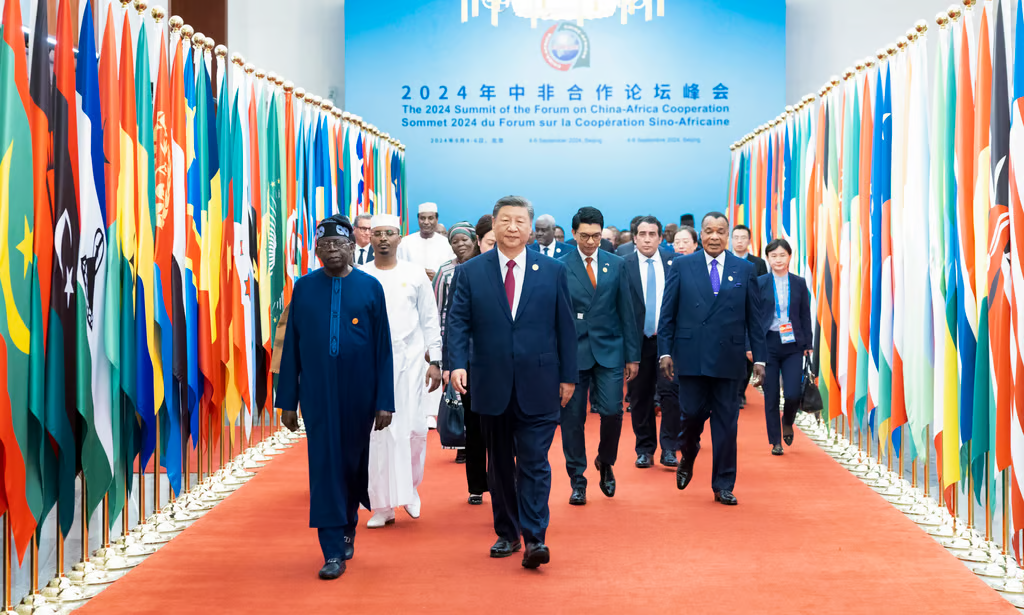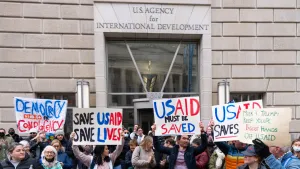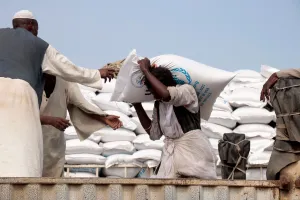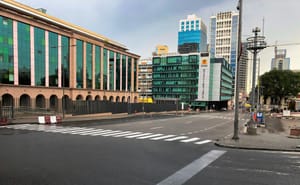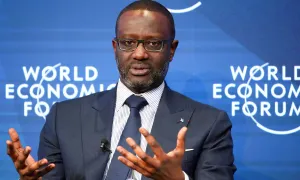China’s traditionally cautious diplomatic approach in Africa is being tested by the intensifying conflict in eastern Democratic Republic of the Congo (DRC), where Rwandan-backed rebels are making major gains. In a rare break from its neutrality, China has recently named Rwanda directly in statements calling for an end to support for the M23 rebel group.
Historically, Beijing has avoided siding in African conflicts, preferring instead to focus on protecting its commercial interests. This has included a hands-off stance on issues such as West Africa's recent coups. China's doctrine of non-interference has long been a key tenet of its foreign policy.
However, the resurgence of violence involving M23 rebels in the eastern DRC has prompted a subtle but notable shift. Initially, China criticized anonymous "foreign forces" backing the rebels. But by February 2025, China's UN ambassador explicitly urged Rwanda to halt military support and withdraw from the DRC territory.
This change follows significant territorial gains by M23, which has seized major eastern cities including Goma and Bukavu since January. The group, primarily composed of ethnic Tutsis, claims to be protecting minority rights and accuses the DRC government of breaking past peace accords.
While China’s wording remains cautious—“hoping” rather than “condemning”—it later supported a UN Security Council resolution that directly called on Rwanda to end its involvement without preconditions.
According to Professor Zhou Yuyuan of the Shanghai Institutes for International Studies, China’s language shift stems from mounting evidence of Rwanda’s involvement, widely acknowledged in UN reports. He argues that “everyone understands the basic situation” and discretion is no longer necessary.

China’s significant economic stakes in the DRC likely also influenced its policy change. Eastern DRC is rich in minerals like coltan and gold, and many Chinese companies operate there. The M23’s capture of mining regions, including coltan reserves crucial for producing tantalum—used in electronics and vehicles—poses a potential threat to Chinese supply chains.
A UN report in December 2024 confirmed that M23 was smuggling coltan to Rwanda, whose exports of the mineral jumped 50% between 2022 and 2023—a rise analysts say cannot be explained by domestic production alone.
China also imports large quantities of cobalt from the DRC, used in lithium-ion batteries, although those operations are mostly in the less-affected southern provinces.
Despite the conflict, the impact on Chinese infrastructure projects has so far been limited. Dozens of Chinese firms continue work on roads, hydropower plants, and telecom networks under the Belt and Road Initiative.
Militarily, China supplies arms to both Rwanda and the DRC. Rwanda has received armoured vehicles, artillery, and anti-tank systems, while the Congolese army uses Chinese tanks and drones, including in operations against M23. However, it's unclear whether Chinese-made weapons are being used by the rebels.
Officially, both countries maintain strong ties with China. The Rwandan embassy in Beijing described relations as “excellent,” while China’s ambassador to the DRC held high-level meetings in February, although details remain undisclosed.
Beijing has invested billions in both nations: Rwanda benefits from Chinese-funded schools, stadiums, and infrastructure, while the DRC has received over $3.2 billion in loans since 2005 for roads, bridges, and energy projects.
Given these deep ties, China has a vested interest in seeing the conflict resolved quickly. But its tightrope diplomacy—balancing relations with both sides while protecting strategic resources—may be harder to maintain if the crisis escalates further.
